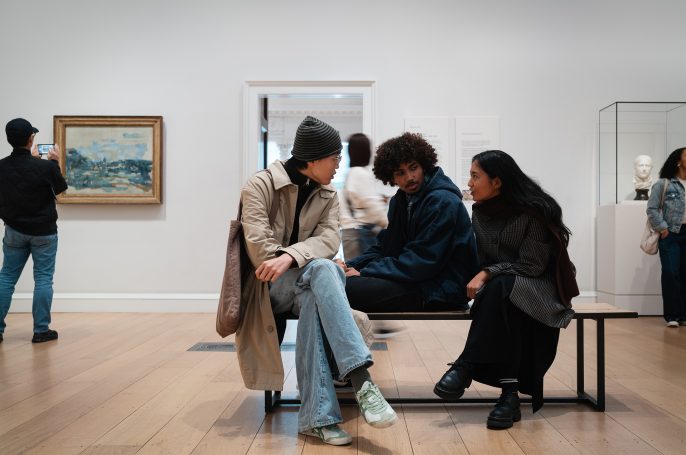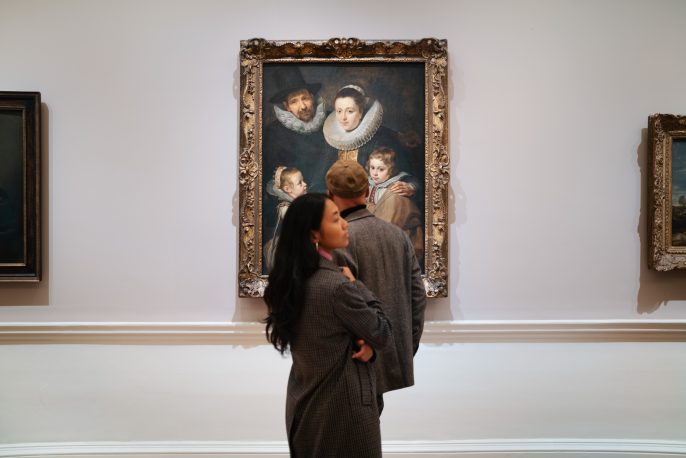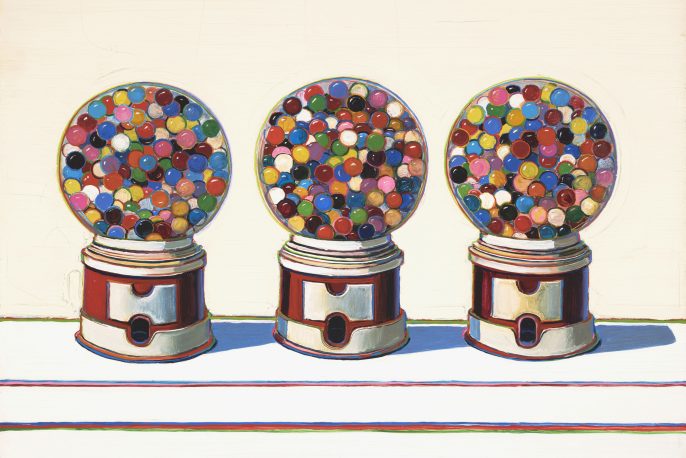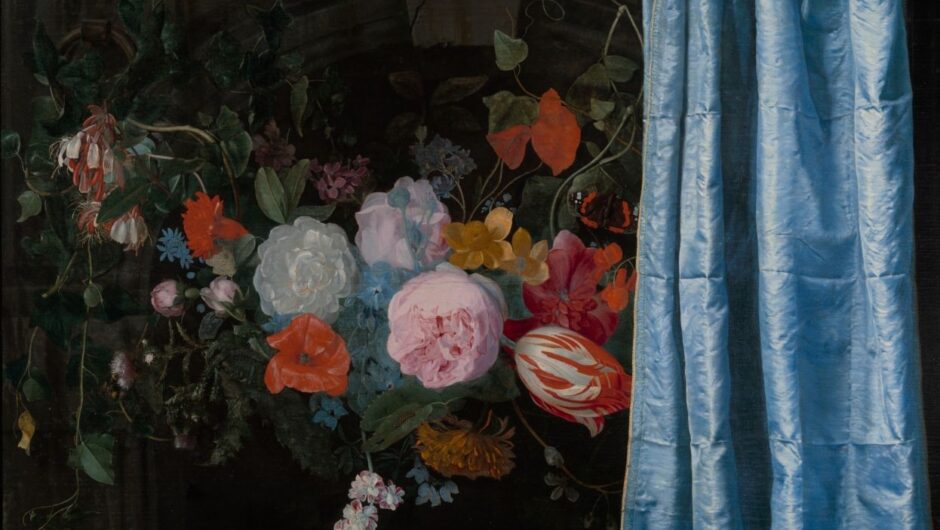Dr Thomas Balfe
5 pre-recorded lectures and 5 live Zoom seminars from Monday 17 April to Friday 21 April 2023, with an optional visit on Saturday 22 April 2023
£195 or £245 with visit
Course description
‘Truth to nature’ was the single most important principle governing Western visual arts from the Renaissance to the late eighteenth century and beyond. It was artists’ role to imitate nature faithfully, and their education placed great importance on mastering the skills of drawing from ‘life’ and of making effective use of images from the real world that were stored in the mind or memory.
In practice, however, the relationship of the visual arts to nature was more complex and fraught than the rule of ‘truth to nature’ might suggest. What aspects of nature should the artist focus on? And what exactly was a truthful depiction? An unvarnished record of external appearances – or was there a higher, more perfect truth that the artist should seek to capture?
The unfamiliar animals, societies and places that Europeans encountered abroad raised further difficult issues since even lifelike images of these phenomena were generally unverifiable by their first audiences. Closer to home, technologies such as the microscope, telescope and camera obscura provided radically new ways of viewing nature, challenging existing artistic approaches to depicting the material world.
Our course will debate these and further questions which lie at the heart of our understanding of Western art, integrating close analysis of texts and objects by canonical figures such as Van Eyck, Vasari and Dürer with those of other important, now less familiar artists and writers.
Lecturer's biography
Dr Thomas Balfe is an art historian specialising in early modern (c.1550–c.1750) northern European easel painting and graphic art. His main research interests are seventeenth-century animal, hunting, fable, and food still-life imagery. His co-edited book on the term ad vivum and its relation to images made from or after the life was published in 2019. A current project focuses on representations of Arctic whaling, as part of a broader investigation of European depictions of extra-European hunting practices.






